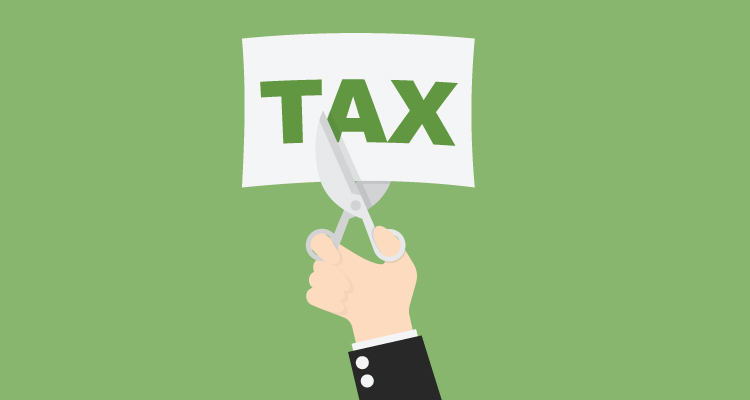
One of the biggest headline grabbing additions to the new Republican tax law, passed in December 2017, is a lower business tax rates. Corporations paid 35 percent of profits to Uncle Sam in the past, after loopholes and deductions, and now pay 21 percent. But what does that mean for small business owners with an LLC, S-Corp, or other business entity that is not a C-Corp? Let’s take a look and see how it all pans out.
The Tax Cuts and Jobs Act
The new law, which passed with a party-line vote, is deceivingly called the “Tax Cuts and Jobs Act.” Tax cuts in the law are focused on large corporations and wealthy individuals, while those who make below $75,000 per year will likely see their total costs increase because of the law. Republicans tout that the law will spark job creation, but economics and history prove that this isn’t the case. CEOs of Fortune 500 businesses agree. Instead, those dollars will likely go into shareholder dividends and stock buybacks that further benefit the wealthiest Americans, as few poor people own stock.
Regardless of how you feel about the new tax code, President Trump signed it into law on December 22, 2017 before jetting off on yet another taxpayer expensed vacation to his Mar-a-Lago resort in Florida. Changes to the tax code go into effect in 2018. With the new law impacting your take-home profits starting in just two weeks, it is vital for business owners to review major impacts to their own financial results.
Corporate Tax Changes Don’t Impact Most Small Businesses
The lower tax rate looks good for all businesses on the surface, but when you dig in, you will realize it isn’t as rosy as it may seem. I operate as an S-Corp, which is a pass-through tax entity. This means that at the end of the year, my business is required to put together and file taxes, but the business does not pay any taxes. Instead, the business tax return includes a form called a K-1, which I add to my personal tax return when filing. LLCs and S-Corps are generally always taxed as pass-through entities, and won’t get any benefit from the corporate tax rate cut.
Because your income shows up on your personal tax return, it is there where you may see some tax savings. If you run a very successful business and earn more than $75,000 per year in total family income, you should see your taxes go down. The more you make, the more your taxes will decline. Lower income earners will see negligible tax rate decreases, and the nonpartisan Congressional Budget Office found that the poorest Americans will pay a higher portion of taxes than before.
The new tax law, however, creates a new deduction for pass-through business owners that could become quite valuable depending on your business. The 20 percent business income deduction could help you save a bundle on taxes. Some professional services, however, are explicitly not allowed to take the deduction. This starts to get complicated with new rules around meal and moving expense deductions as well. Overall, it is a win for some business owners but not all.
Start Planning Well Ahead of Time
You may be a big winner from the tax changes, though some of your benefits might be washed out by some benefits the Republican bill removed, such as the personal exemption. Further, new tax rate brackets and a doubling of the standard deduction are sure to change up your tax results for 2018 and beyond. You are smart to get a head start on your tax planning well before April 2019. You don’t want to find yourself with an unexpected large tax bill and not have the money to pay!



